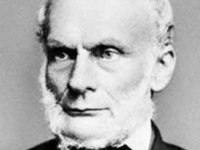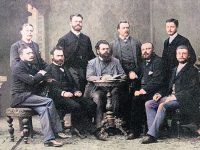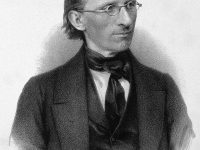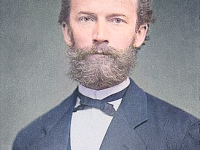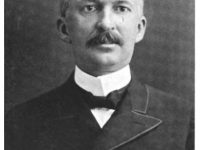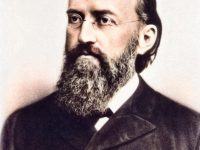Rudolf Clausius and the Science of Thermodynamics
On January 2, 1822, German physicist and mathematician Rudolf Julius Emanuel Clausius was born. He is considered one of the central founders of the science of thermodynamics, who introduced the concept of entropy in 1865. “If for the entire universe we conceive the same magnitude to be determined, consistently and with due regard to all circumstances, which for a single body I have called entropy, and if at the same time we introduce…
Read more

